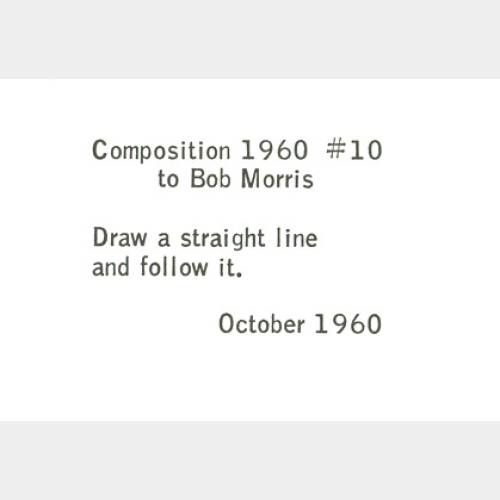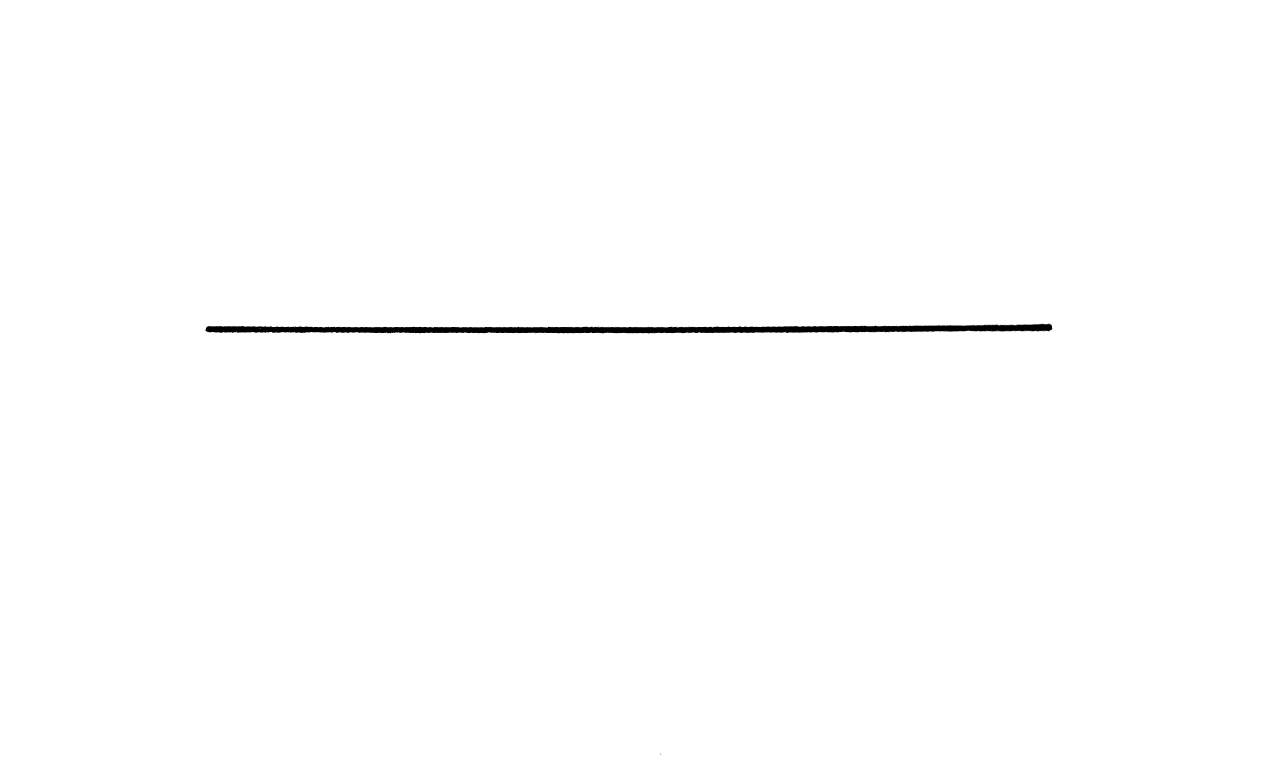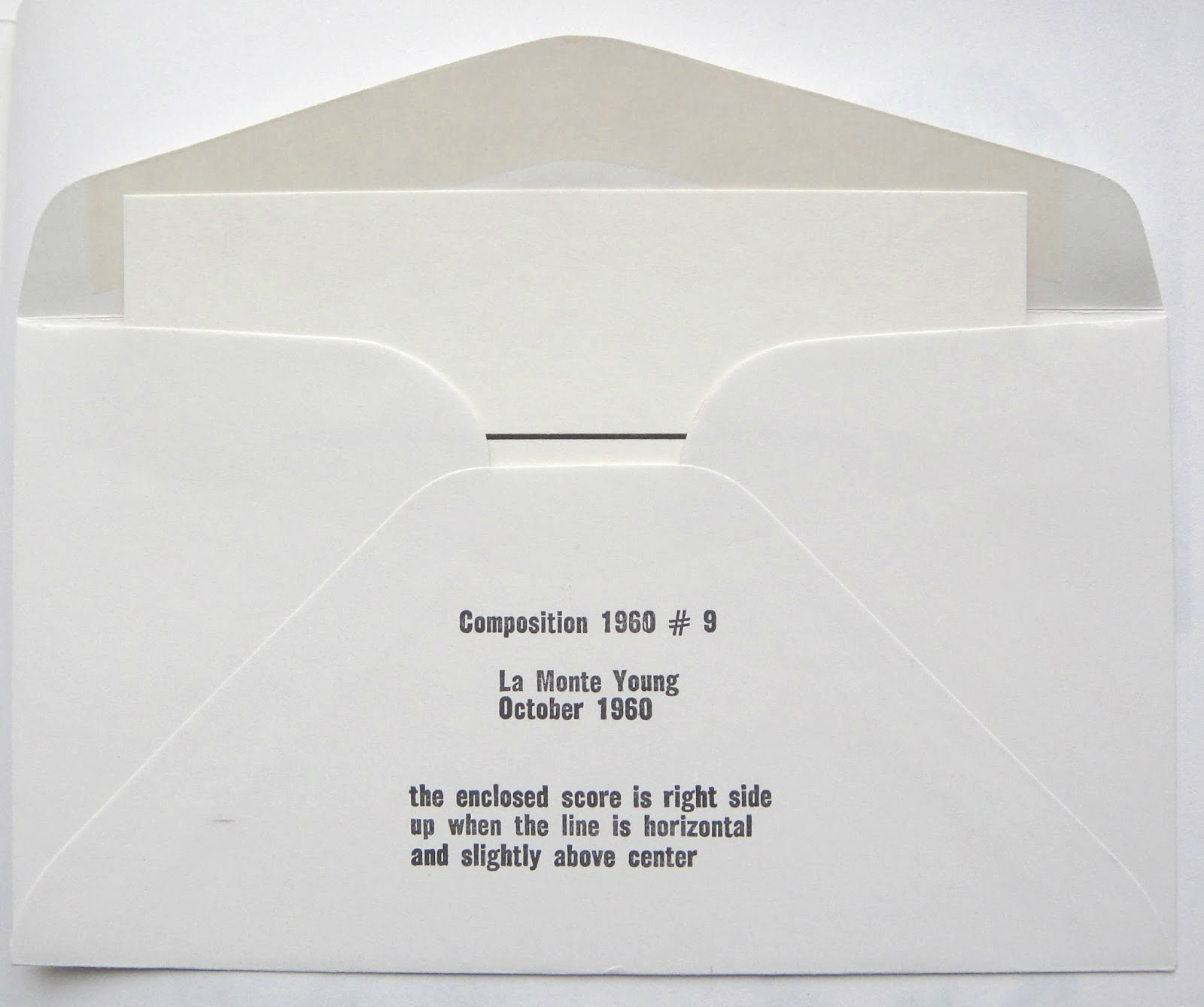About
Rusty Congaree thinks about noise as a conceptual entity & phenomena through the lens of art, philosophy, & science.
This blog is a companion to the podcast of the same name on Bandcamp.
A blog about noise.
Rusty Congaree thinks about noise as a conceptual entity & phenomena through the lens of art, philosophy, & science.
This blog is a companion to the podcast of the same name on Bandcamp.
“Noise without meaning nor finality is revolutionary as long as it does not support anything or anybody.” – Mattin, “Theses on Noise”
I love a lot of “harsh noise,” but the category itself is problematic. Noise, by its very definition, disrupts all expectations & desires. If you specify noise into “types,” you imply that you control it. If you control noise, then it’s no longer noise. Noise dramatizes entropy; it does not construct a new aesthetic.
The harshness in noise doesn't come from the volume/intensity/textures of the sounds produced; it comes from how the sounds violate the expectations of a given listening situation.
***
Noise hates masters more than an anarchist stuck in an interminable consensus-based meeting.
Words are a type of master.
***
The liner notes to The Gerogerigegege's Instruments Disorder album:
This is the 11th album of Japanese trash noise band. Fuck compose,Fuck melody,Dedicated to no one,Thanks to no one,ART IS OVER.
The Gerogerigegege never let craftsmanship or expertise or false “artist-as-manager” poses get in the way of their journey towards total sonic destruction. Also, you must respect a group that makes bootlegs of bootlegs of their own official releases.
Flush all concepts of mastery, virtuosity, genius, skill down the toilet. Scream at each other until we give up & run into the woods. Become feral critters.
***
Harsh noise wall. HNW. Monolithic slabs of unchanging static. A sub-genre of a sub-genre that now has spawned thousands of artists. HNW is easy to create & most of it sounds the same. Yet folks keep making releases. HNW disrupts of the parameters of how we normally evaluate a work of art. Questions of quality & talent mean jack shit. However, who will disrupt HNW’s singular fixation with specific types of sound?
YouTube auto-generated closed captions render Vomir's French-accented pronunciation of “harsh noise wall” as “arsenal's wolf.”
***
Once upon a time, the term “noise” wasn't codified into micro-genres. It was anarchic & entropic. And the Los Angeles Free Music Society was there, creating an unholy, uncategorizable racket. Now when most noise is predictable, I listen to LAFMS to remind me of possibilities.
What LAFMS & its confederation of groups (Airway, Smegma, the Doo-dooettes, etc.) understood is not that certain sounds are noise, but that noise erupts the minute that certain expectations are not being met.
The noise artist identifies the particular parameters of a listening or performance situation & purposely violates them. And then keeps intensifying that violation until the whole situation collapses into rubble.
*** There is an infinite amount of noisy sounds that disrupt communication, but do not have harsh textures. Yet few noise artists explore those.
Silence can be noise too.
In 1972, conceptual artist John Baldessari sang Sol LeWitt’s essay “Sentences on Conceptual Art” to the tune of various insipid popular & children’s songs. Over the course of 13 excruciating yet hilarious minutes, Baldessari sings in a mumbly, off-key manner, frequently stumbling over LeWitt’s words. It’s a performance more confrontational than anything conjured by power electronics serial killer worship.
***
While noise simply exists, without reason or purpose, it does show the incomplete, tenuous nature of all expression. It frays the illusion of self-contained experiences (aesthetic & existential) or self-satisfied axiomatic thinking.
***
As long as noise artists recognize that noise is a momentary entropic manifestation rather than an unchanging conceptual category, there is hope.
Philosopher Ray Brassier highlights one path in “Genre is Obsolete,” an essay profiling To Live and Shave in L.A. & Runzelstirn & Gurglestock:
[T]he functioning of the term ‘noise’ oscillates between that of a proper name and that of a concept; it equivocates between nominal anomaly and conceptual interference. Far from being stymied by such paradox, the more adventurous practitioners of this pseudo-genre have harnessed and transformed this indeterminacy into an enabling condition for work which effectively realises ‘noise’s’ subversive pretensions by ruthlessly identifying and pulverising those generic tropes and gestures through which confrontation so quickly atrophies into convention.
As long as noise artists continually question & obliterate their own aesthetic habits, they can remain in noise’s entropic embrace.
Draw a straight line and follow it.

 Nam Paik June performing the score in 1962
Nam Paik June performing the score in 1962
“I remember one day in Utah when I was in junior high school when we lived on the shore of Utah Lake, managing my Uncle Thornton’s celery farm. One day in the middle of winter, freezing cold, wind blowing up off of Utah lake, we went down to the shore of the lake and worked all day digging post holes, putting poles in the ground, lining them up perfectly, and then stringing barbed wire across them. And it was just, like, unbelievably cold, and unbelievably hard work, and [my Father] never stopped. And, also, he was very, very concerned about making the fence straight and lining it up.”
 The score
The score
 The performance instructions on the score's envelope
The performance instructions on the score's envelope
“My 'Composition 1960 #9' consists of a straight line drawn on a piece of paper. It is to be performed and comes with no instructions. The night I met Jackson Mac Low we went down to my apartment and he read some of his poems for us. Later, when he was going to go home, he said he'd write out directions to get to his place so we could come and visit him sometime. He happened to pick up 'Composition 1960 #9' and said, 'Can I write it here?' I said, 'No, wait, that's a piece. Don't write on that.' He said, 'Whadaya mean a piece? That's just a line.”
Listen carefully.
The audience is your instrument, play it in order to practically understand how we are generally instrumentalised.
Prepare the audience with concepts, questions, and movements as a way to explore the dissonance that exist between the individual narcissism that capitalism promotes and our social capacity, between how we conceive ourselves as free individuals with agency and the way that we are socially determined by capitalist relations, technology, and ideology.
Reflect on the I/We relation while defining social dissonance.
Help the collective subject to emerge.

for sale the bodies, the voices, what will never be sold
industrial luxury sudden rainshowers a place of refuge the flâneur & the weather
successful vaudevilles □ Mythology □ A glover □ the signs are formed from antlers, lobsters, bird kidneys.
The boutique became the magasin stanzas of color Diable always beseiged by carriages
two floors of apartments an enormous glass-pained roof strolling took place Passage du Désir leading to a house of ill-repute
marble floor shone a beauty required a fortune (using sheep) the first experiments with the guillotine
a poisoner killed inhalation of toxic fumes reckless art enters the service of the butchers

nihilist alien fanfic,
twilit tapeworm dream,
octopossum eating Virginia Woolf,
skull-harsh alarm,
subletters mowing the worst me
into cyborg
虚无主义的外星人 异想天开,
暮光绦虫 梦,
章鱼 吃弗吉尼亚 伍尔夫,
头骨严厉 警报,
转写割草 最坏的我
进入半机械人
nihilistic alien whimsical,
Twilight Tapeworm dream,
octopus eat virginia Woolf,
Skull stern alarm,
Transcribe mowing the worst of me
Enter Cyborg
The clearest definition of Nadaísmo would be: Nadaísmo is a mystery, and like all mysteries, it’s inexplicable. For those logical spirits who can’t believe without knowing, we offer those skeptics this cluster of definitions, so that everyone, according to their physiological & spiritual needs, selects the one that best suits their salvation:
Nadaísmo is a psychiatry applying insulin shocks to the Virgin of the Miracles. — Nadaísmo is a flower with a socialist sensibility. — Nadaísmo is an astronaut jumping off 10 stories to protest the earth’s dogmatic gravity. — Nadaísmo is a rocket competing with thunder to see who arrives first at the Bay of Silence. — Nadaísmo is the communism of free. . . love. — Nadaísmo is a racing atom sinking Rimbaud’s drunken boat. — Nadaísmo is like God, therefore it exists and nobody knows what it is. — Question: What is the end of Nadaísmo? Answer: Nadaísmo has no end because it’s infinite. If Nadaísmo had an end, it already would be over. — For the Nadaístas literature is not work, only play. — Nadaísmo is putting on its shirt to be alive. — Nadaísmo is a pessimism that affirms its faith in the Cape of Good Hope. — Nadaísmo is a Chinese regiment invading the Promised Land to plant rice. — Nadaísmo is the champion featherweight in literature. — Nadaísmo is a space rocket landing on Brigitte Bardot’s mons venus. — Nadaísmo is the metaphysics of boredom: “I smoke therefore I exist.” — Critics say we’re not rooted in the earth & they’re right. — Nadaístas are rooted in the cosmos. Now nobody has the right to be over us, not even the sky! — Nadaístas love revolution, even if the revolution kills us or puts us to work.
Harsh Noise Wall artist Vomir, aka Romain Perrot, practices negation. He creates white noise slabs that death-crawl into your ears. Listen to a Vomir composition long enough & your mind enters a blank space.
Vomir's love of negation extends to his performance mode. For each set, he encases his head in a black garbage bag, trying to erase himself from the sounds emanating from his machinery.
I'm interested in Vomir's continued insistence that aesthetics & art will not save us. It's due to this that I feel he's one of the few artists worth listening to in 2020.
The following manifesto comes from a recent release:
No water tank recordings No harmonic charm No method No spectralism No spiritual healing No deep listening No liner notes No conviction No contemplation No careful beauty No vision of freedom No minimal drones No arcane tonalities No distillation No joint effort No admirable handling No tuning systems No slow promise No shine No tone No purity No escape No matters Noise
Sand down phonemes into dust.
Fill a cement mixer with teeth.
Freeze a volcano's explosion.
Plant trees of white noise.
Solder brain nerves together.
Dig holes inside neutrinos.
Record zero's murder confession.
Don Mee Choi's DMZ Colony (2020) explores colonialism's legacies on the Korean peninsula. Choi documents both history's wounds & attacks obfuscating narratives. Focal points include: Japan's colonization of Korea, the U.S.—Korean War & Park Chung-hee's military dictatorship in South Korea.
DMZ Colony contains many genres: poetry, theoretical prose, photography, & etchings. What binds it all together? Choi repeatedly shows how translation produces slippages in meaning. In particular, Choi sees translation as an “anti-neocolonial mode.” This may seem overly ambitious. Can poetry battle militaristic imperialism & neoliberal capitalism? Well, not directly. Choi's doesn't target the colonizers; she instead focuses on their archives. By playfully translating archival fragments, Choi bulldozes the U.S. & South Korea's totalizing narratives.
Let's talk a little about the term “neocolonial.” The term was coined by Kwame Nkrumah, the architect of Ghana's independence. Nkrumah defines neocolonialism as a former colonizer's use of economic strategies to sabotage of a post-colonial State's sovereignty. It's a last ditch attempt to maintain a colonial relationship. The United States has maintained a neocolonial relationship with South Korea. While the Korean War started when Kim Il-sung invaded South Korea, the conflict was also a proxy war: the United States vs. Russia & China. While fighting ended in 1953, a formal treaty has never been signed. In its stead, the infamous Demilitarized Zone was constructed at the 38th Parallel. The United States has never left South Korea, either in both a military & economic sense. The military presence is very prominent; in recent years, there are roughly 24,000 American troops stationed in South Korea. To facilitate the incorporation of South Korea into global capitalist networks, the U.S. intervened in a number of regime changes. This aided the rise of authoritarian figures such as Park Chung-hee.
The book contains an ars poetica titled “Mirror Words.” It's worth reading in full:
Mirror words come out of my thoughts about translation. Translation is a mode=Translation is an anti-neocolonial mode. I obsess about 'order words that are given in our society.' In 1945, it took less than 30 minutes for order words to be carried out, to divide the country I was born in, along the 38th parallel north. Order words compel division, war, and obedience around the world. But other words are possible. Translation as an anti-neocolonial mode can create other words. I call mine mirror words. Mirror words are meant to compel disobedience, resistance. Mirror words defy neocolonial borders, blockades. Mirrors words flutter along borders and are often in flight across oceans, even galaxies. Mirror words are homesick. Mirror words are halo. Mirror words are orphaned words. Now look at your words in a mirror. Translate, translate! Did you? Do it again, do it!
After ars poetica, Choi playfully mirrors archival materials. However, true to her contention that “mirror words are meant to compel disobedience, resistance,” these acts of mirroring introduce grotesque funhouse distortions.
In the first page, we receive a mirrored series of declarations that almost seem to be a parodic mix of imperial letters & the Communist Manifesto:
- “Ruoy Ycnellecxe” = “Your excellency”
- “Si ti Laitram Wal?” = “Is it Martial Law?”
- “Laturb Eripme!” = “Brutal Empire!”
- “Ruoy slagelli, Ruoy seegufer, Ruoy laretalloc egamad fo eht dlrow” = “Your illegals, Your refugees, Your collateral damage of the world”
- “Etinu tsniaga Ruoy raer.” = “Unite against Your rear.”
- “Ew era evila” = “We are alive”
On the facing page, Choi includes an archival photograph to which she's added a variety of captions. This photo was taken by her father. In it, Korean students face off with South Korean police during a protest that was part of 1960's April 19 Movement, which led to the downfall of autocratic president Syngman Rhee.
The only unmirrored word is: “Towards a Global Humanity.” This hopeful note of a humanity not constrained by militarized borders is surrounded by statements that have undergone the mirror effect.
- “Noitalsnart si a edom” = “Translation is a mode”
- “Noitalsnart si na itna-lainolocoen edom” = “Translation is an anti-neocolonial mode”
Why has Choi mirrored statements she so clearly articulated earlier? Why use an alien-seeming yet easy-to-decipher code? She teaches us that to translate is to escape the State's methods of surveillance & categorization. Choi's notions of translation are much more flexible than traditional conceptions. She not only advocates translating statements across languages, but also moving stories & insights between different modes of discourse. She signals: Don't let the State determine the terms of our discourse!
Translation as a border-crossing fugitive act. Choi also insists keeping her poems as fragments as imagined by Subaltern Studies scholars such as Gyanendra Pandey. In her work, an elusive excess always remains. It refuses to be included a narrative's defined framework. The stories always gesture to what is not being said, to what can never be said as long as our dominant languages enable colonization, the conversion of people into property, into the reductive rendering of subjects.
Poetry may not fight power directly, but it can help us refuse to let power control how we conceive of our lives.